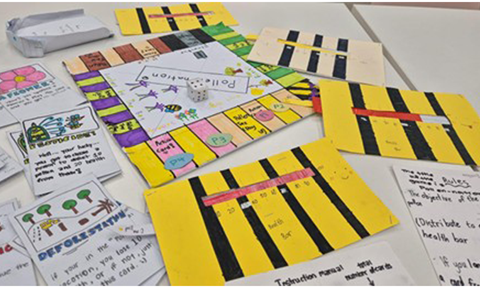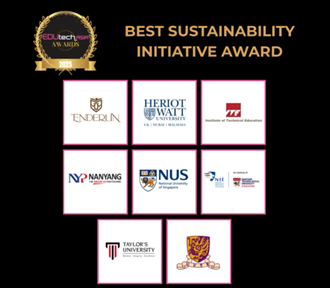ELL's participation at BERA Conference and WERA Focal Meeting 2024
ELL participated at the British Educational Research Association (BERA) Conference and World Educational Research Association (WERA) Focal Meeting held at the University of Manchester from 8 to 12 September 2024. This international conference involved more than 1,500 delegates from the UK and around the world, including academics, policymakers, and practitioners of educational research.

Dr Sally Ann Jones presented her paper entitled "Teaching for Metacognitive Awareness in English Language Lessons: Moving the Field Forward". Her study investigates how teaching practices in primary English and mathematics lessons in Singapore can enhance students' metacognitive and metalinguistic awareness. Drawing on an interdisciplinary framework from cognitive psychology, language acquisition, and the science of learning, the study analyses 48 transcribed lessons across three grade levels. It reveals that while there is limited focus on teaching meta-thinking and related language in most lessons, some teachers successfully foster an environment where students articulate their learning struggles and teachers respond very effectively. The study highlights a significant gap in existing literature regarding productive strategies for teaching metacognition and calls for further research to identify the meta-discourse of classroom interaction to support teachers and improve student learning outcomes.
ELL’s doctoral candidate, Ow Yeong Wai Kit presented a paper entitled "Learning by Heart: Envisionment-Building through Memorisation and Recitation of Poetry in English in Singapore". Grounded in Judith Langer’s 'envisionment-building' framework, his study explores the experiences of Literature students towards poetry memorisation based on the case of the inaugural National Poetry Recitation Competition in 2023. Challenging the traditional view of memorisation as rote learning by exploring its pedagogical potential, particularly in the context of Singapore’s Anglophone literary traditions, this study highlights how memorisation and recitation may not only enhance understanding and enjoyment of poetry but also foster a sense of agency and ownership among students. The findings suggest that memorisation and comprehension may be interlinked. Learning poetry by heart can extend opportunities to motivate students’ deeper engagement with poetry beyond mere analysis on the page, and by extension, sustain their passion and enthusiasm for literature.






